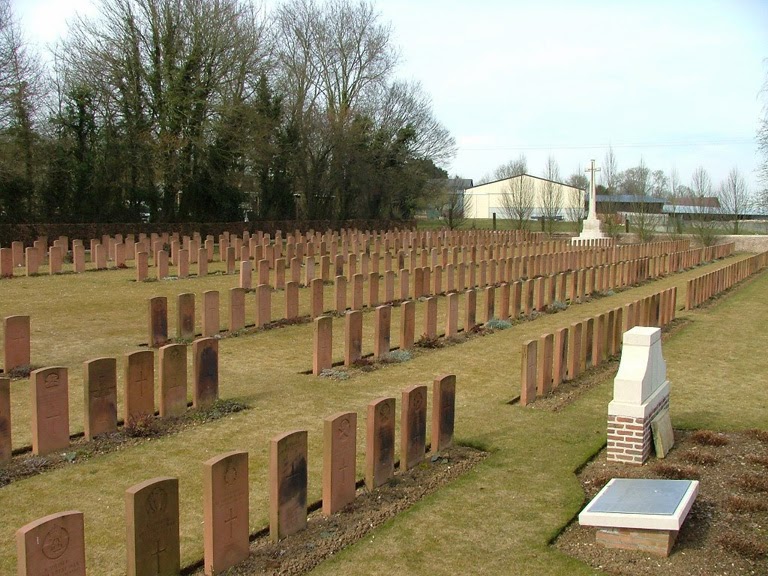Tim Koch writes:
Regular readers will know that HTBS has written many times about one of its heroes, Fredrick Septimus Kelly, a rower and sculler who won eight Henley medals between 1897 and 1906 and an Olympic Gold in 1908 and who was also a gifted musical composer and a gallant and decorated soldier, killed in action in 1916. In 2009, we posted a two-part biography (which is here and here) and our most recent post concerning the great man was last week when we linked to a YouTube video containing Kelly’s Elegy for String Orchestra, written at Gallipoli in memory of his friend and fellow soldier, the poet Rupert Brooke.
In the single scull, Kelly won the Wingfields in 1903 and Henley's Diamonds in 1902, 1903 and 1905. His record time for the latter, 8 minutes and 10 seconds, lasted for 30 years.
There is no shortage of accounts of a man who touched people’s lives in a variety of ways. For example, the Australian Dictionary of Biography gives a nice overview of his life while the auction sale details of his war medals naturally gives a fuller description of his military career. In 2004, the National Library of Australia published Race Against Time: The Diaries of F.S. Kelly, edited by T. Radic, and sections appear online on Google books.
Kelly’s last and perhaps greatest race was the 1908 Olympic Final in which his Leander crew beat the Belgians. Here he is standing on the far left of the crew known as ‘The Old Crocks’.
The most recent tribute to Kelly has been by BBC Radio. On 10 August they broadcast an hour long programme fronted by Steve Williams who won Gold in the GB coxless four in both the Athens and Beijing Olympics. It was in a series entitled “Heroes at War” (though “Sporting Heroes at War” would have been more descriptive). Those in the UK who missed it can hear it through the ‘on demand’ site, BBC iPlayer which will have it available for a week, until 11am on Sunday, 17 August. While iPlayer TV programmes can only be viewed by those with British Internet Service Providers, radio (for some reason) can be accessed (also only until the 17th) from anywhere in the world through www.bbc.co.uk/radio (though only via a desktop computer, not a smart phone). Unfortunately, the end of the online version seems to have been clipped.
Steve Williams, later accompanied by BBC Northampton sports editor, Graham McKechnie, records his thoughts ‘on location’ in Henley, Marlow, Gallipoli and the former battlefields of northern France, frequently quoting from Kelly’s diary and with the man’s music forming the underscore. The result is an atmospheric and moving insight into a very complex personality. I particularly like the story that Williams tells of Kelly conducting his battalion’s band as they perform Tchaikovsky’s 1812 Overture at the Front, presumably within the sound of real artillery. Famously, the ‘1812’ is best known for its finale fanfare of chimes, brass and ‘cannon’. It is, as Williams observes, a very ‘cinematic’ image, and I would suggest that were it a product of a piece of fiction, it could be considered too contrived.
The Martinsart British Cemetery near Albert in Picardie where Kelly is buried. Picture: Commonwealth War Graves Commission.
Put aside an hour and enjoy this tribute to a great athlete, artist and soldier.


















No comments:
Post a Comment